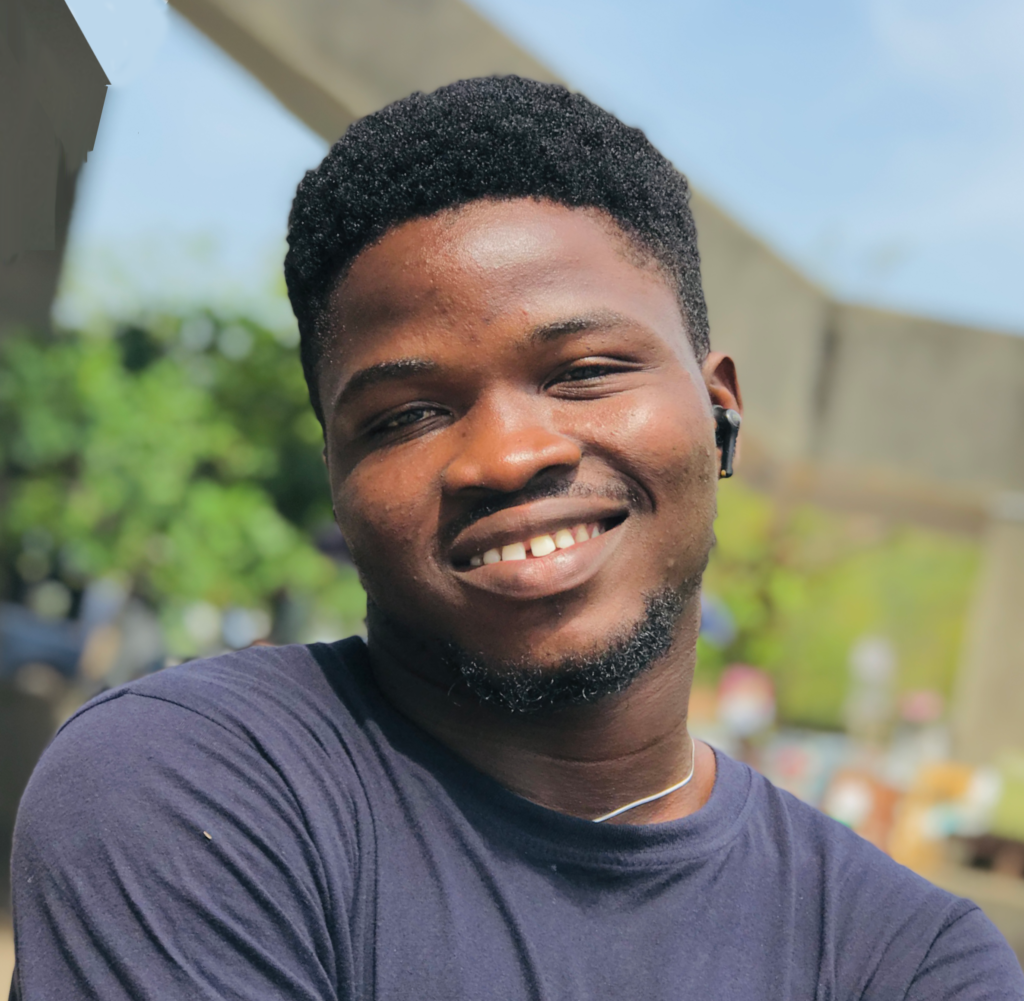birds fall into penury the city sells to beckon the gaze of god father left mother a gun & a wound the gun untouchable the wound her eyes the wound her squint the wound her death the wound touchable in its reflect of delineation her words never betrayed the ethics of lust tenderness unhindered breaking forth into a moon hiding perfectly inside the hunt of an owl a photographed horror of love stalking a venomous gazelle saying feast upon this flesh a man will become my grief his dreams in reincarnated forms children my they say the wind the millies of its roar are echoes by the tears of widows listening shards stroked light up a candle feet lay into journeys fitted into creases outlawed by the reckon of fate they hide her in a room they call her a witch the blonde tulip holding the shell of a snail the dark hallway into woe they wear his name in their teething brawls which means where does his death come from ask the keyhole to say where the light comes from in yoruba: Ni bo ni iku e ti wa rinse her scalp into a calabash ask her to call his name seven times over a tied cork I witness from this unfolding the possession of greed the miscreant misogyny the name that episticides a woman into a man’s finger -tiddling at school a boy calls love instead of my name I point a knife at his eyes chase him into my nightmare kill him in my dream the next morning I wear his skull I wear his wrists I wear his body I choose to walk outside of the sail of my mother’s fate
Verse Block without columns
About the Poem
I wrote “Fate” in a sitting. It is one of those poems I didn’t go back to edit. The idea behind the poem didn’t come premeditated. While writing this poem, I stumbled upon what the poem is now. I discovered a purpose, a desire to tell the stories of women painfully ignored, molested and mistreated after the sudden loss of their husbands. In Nigeria, particularly in the Yoruba tribe, when a woman loses her husband, she could be burdened by his family to carry out some rituals in a bid to ascertain her innocence and non-involvement in the death of her husband. Though this cultural issue seems to be waning in this modern age, there are still widows subjected to this unfair treatment and many have become victims of an endless public jest. Towards the end of the poem, I capture the feelings of the girl child— an individual propelled by a drive to not go through her mother’s ordeals. In the coming years, I hope I’m able to make good poems about these matters.
Author Information

Odukoya Adeniyi is a Nigerian poet, essayist and freelance writer. He is the author of the poetry chapbook, Preserve This Light, published by PoetsInNigeria. His works have appeared in GlassPoetry, The Roadrunner Review, Palette Poetry and elsewhere.
